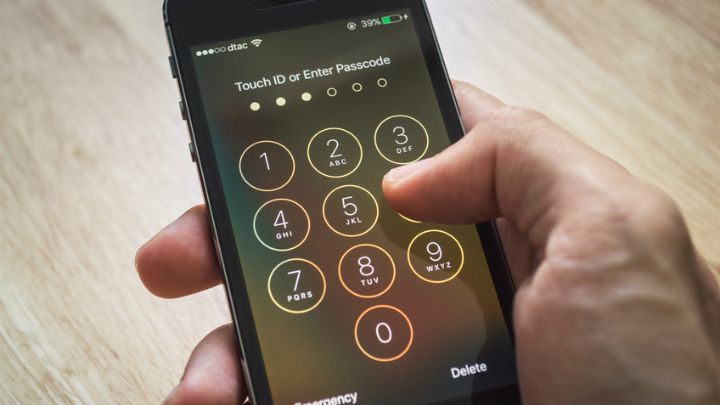Hackers are evolving their techniques to attack the latest corporate tool: mobile devices. You can improve your business’s mobile device security through education, COPE models, and advanced password protection.
Smartphones and tablets are mobile devices that every modern business should have on its office equipment list. In fact, Entrepreneur reports that 90% of companies now support mobile-based applications for their employees. These applications can greatly enhance your workers’ productivity, but they also pose serious security risks if your organization fails to prioritize mobile device security best practices. Below are several considerations to keep in mind as you explore the enterprise solutions that will protect your devices.
Mobile Users Are Targets for Phishing Scams.
Phishing is one of the most prevalent internet scams, but it becomes an even greater threat to your business when employees are using their smartphones and tablets. As with traditional phishing, mobile phishing occurs when a hacker maliciously poses as a legitimate business to trick your employees into divulging sensitive company information. Experts at Security Intelligence have shown that mobile users are three times as likely to provide private information after being sent to phishing websites when compared to desktop users. Ultimately, education is the best defense against phishing. Schedule training sessions with employees to explain how they can identify scams while using their mobile devices.
Personal App Use on Corporate Devices is Common.
Workplaces that have “bring your own device” policies create numerous security risks, but corporate devices are certainly not invulnerable either. A recent survey by Ipsos Mori found that 62% of corporate smartphone users and 73% of corporate tablet users downloaded personal apps on their corporate devices. Because these apps have not been vetted by the companies’ security experts, they can become liabilities. If this is a concern for your business, you should consider the COPE method (corporate owned, personally enabled), in which your IT department sets clear restrictions on the apps users can download and how they should be used.
Not All Passwords Are Created Equal.
In the past, a simple password was enough to prevent scammers from accessing sensitive mobile data. Unfortunately, this is no longer the case. Passwords that feature only a few characters can be hacked, especially when they are predictable, like “1234” or “password.” You can protect your business by requiring strong passwords that feature a mixture of numbers, letters, and special characters. Requiring employees to change their passwords frequently is another best practice for mobile device security.
Biometrics Are Changing the Face of Mobile Security.
Biometric security features are becoming increasingly common on smartphones and tablets, many of which can only be unlocked with fingerprint scanners, voice recognition, or facial recognition. Biometric technology can offer your company an advanced way to combat security risks, and when it is combined with strong passwords, the result is a popular enterprise solution for mobile device security.
If you are interested in mobile technology for your business and have questions about best practices for mobile device security, contact the office technology consultants at Business World today at 501-214-5482 to set up a free consultation.


